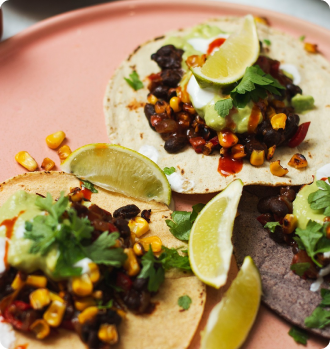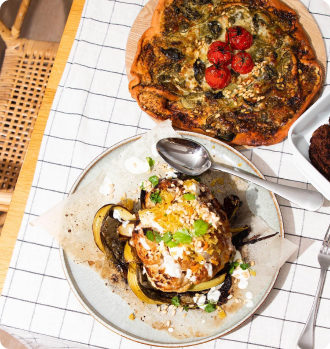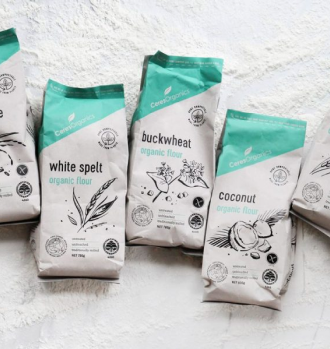
Updated at 10/10/2024:
An Update on the GE Bill
New Zealand’s government is moving to deregulate Genetic Engineering (GE) by 2025, with the first bill expected to be drafted in the next few months (before Christmas).
They want to take our freedom of choice away from us, by allowing food modified by new GMO techniques to enter our food systems without requiring labelling to
identify it.
What's at Stake?
A GE-free Aotearoa means a transparent food system, clean food, farmer and consumer choice and a protected environment. Deregulation threatens all of this!
Help Us Spread the Word!
Act Now!
Your voice mattered, we’ve successfully had 300+ submissions completed in just 7 days, so a very BIG thank you to every from the Ceres Organics whānau for having your say!
Please note. Here at Ceres Organics, we’ve had a couple of you double check ‘if’ your email submissions would be counted based on an email request to complete an additional survey. We just wanted to reassure everyone as we’ve had written confirmation by Soil and Health Association of NZ that ALL email submissions received will count and will be shared with FSANZ.
We will keep you updated on the next steps that come from Foods Standards Australia New Zealand (FSANZ) on the proposal. If you haven't already, make sure you are signed up to receive our emails - simply scroll to the footer section at the bottom of this page and enter your email here.
Original Post on 04/09/2024:
At Ceres Organics we believe in your freedom to choose what food you eat.
Foods Standards Australia New Zealand (FSANZ) is meeting on the 10th September to discuss proposed changes to how genetically modified foods (GMO) are defined and labelled in the Australia and New Zealand Food Standards Code (the code).
They want to take our freedom of choice away from us, by allowing food modified by new GMO techniques to enter our food systems without requiring labelling to identify it.
At Ceres Organics we believe GMO is GMO and we believe our food should be labelled so we can choose what we eat!
To help achieve our goal to ensure gene edited (GMO) food is labelled, we’re asking our customers to email FSANZ with a submission, in your own words, that cover the points we’ve outlined below.
If you’d like to complete a submission, please email yours to: submissions@foodstandards.gov.au. And please bcc Ceres Organics – so we can track the level of responses: hello@ceres.co.nz
Please note. Email submissions MUST be completed by 9th September to be considered for the meeting on the 10th September.
Your email submission
Below outlines what to cover in your submission, please use feel free to edit and complete using your own words, we have outlined what we believe should be covered in each submission.
Email subject line
Submission on P1055 - Proposal to deregulate GM foods produced from NBTs and deny consumer choice.
Email submission content
Your name
Contact address
- I oppose the removal of case-by-case assessments for gene-editing foods
- Consumers deserve the right to know if their food has been gene-edited, and it must be labelled
- The consultation process should not have predetermined outcomes, consumer input should be genially considered
- The methods used to produce our food are important, and FSANZ acknowledges that labelling is about consumer choice, not just safety
- Gene-edited foods should continue to be labelled, regardless of whether they contain novel DNA
- Companies using New Breeding Techniques (NBTs) must not be allowed to contaminate non-GMO food systems, and companies should be held accountable for any harm caused
- The deregulation of gene-edited foods could threaten the economic advantage of exporting non-GNMO foods, which are growing in demand
- The proposal to end case-by-case assessment is based on insufficient science, and any risks from gene editing should not be imposed on the public without their consent







